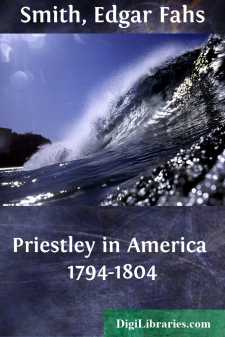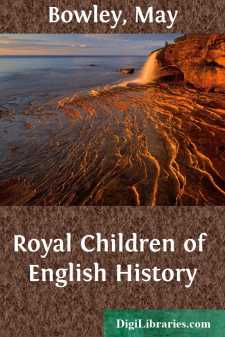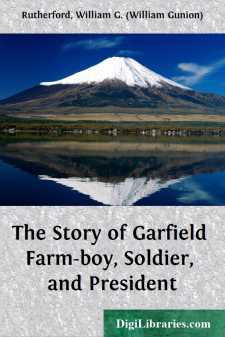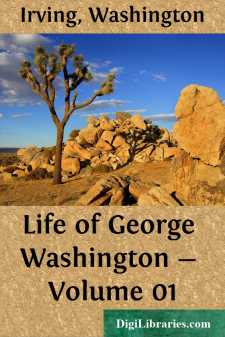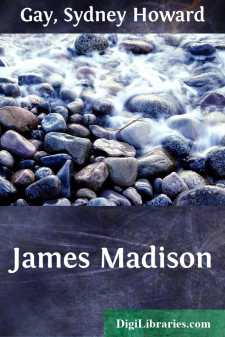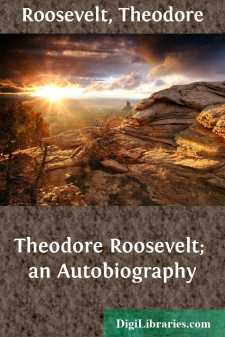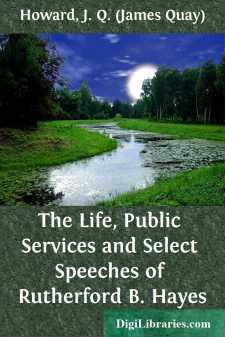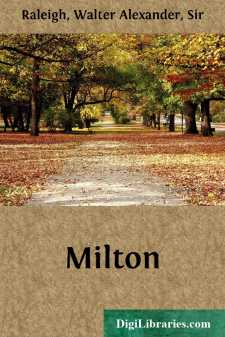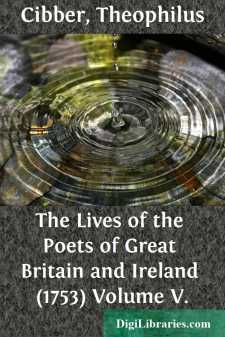Biography & Autobiography
- Adventurers & Explorers 15
- Artists, Architects, Photographers 16
- Business 2
- Composers & Musicians 14
- Criminals & Outlaws 5
- Editors, Journalists, Publishers 6
- Educators 1
- Entertainment & Performing Arts 3
- General 73
- Health, Exercise & Fitness 1
- Historians 3
- Historical 83
- Law Enforcement 1
- Lawyers & Judges 3
- Literary 147
- Medical 7
- Military 48
- Naturalists, Gardeners, Environmentalists 8
- Personal Memoirs & Diaries 226
- Philosophers 3
- Political 9
- Presidents & Heads of State 38
- Religious 38
- Rich & Famous 27
- Scientists 13
- Women 31
Biography & Autobiography Books
Sort by:
by:
Edgar Fahs Smith
PRIESTLEY IN AMERICA There lies before the writer a tube of glass, eleven and one half inches in length and a quarter of an inch in diameter. Its walls are thin. At one end there is evidence that an effort was made to bend this tube in the flame. Ordinarily it would be tossed aside; but this particular tube was given the writer years ago by a great-grandson of Joseph Priestley. Attached to the tube is...
more...
by:
May Bowley
WHEN I was very, very little, I hated history more than all my other lessons put together, because I had to learn it out of a horrid little book, called somebody's "Outlines of English History"; and it seemed to be all the names of the kings and the dates of battles, and, believing it to be nothing else, I hated it accordingly.I hope you do not think anything so foolish, because, really,...
more...
CHAPTER I. The United States Sixty Years ago—The "Queen City" of the West—The Rush for New Lands—Marvellous Growth of American Cities. Go to Liverpool or Glasgow, and embark on one of the great ocean steamers, which are constantly crossing the Atlantic. Sail westwards for about a week, and you will reach the eastern shores of the New World. If you land at New York, you will find yourself...
more...
by:
Jean S. Remy
GEORGE WASH-ING-TON. Way down in Vir-gin-i-a, near a small creek, called Bridg-es Creek, there is a shaft of white stone;—on it is the name of George Wash-ing-ton and the date of his birth: Feb-ru-ar-y 22d, 1732. On this spot once stood the big brick house in which George Wash-ing-ton was born; it was built in 1657 by John Wash-ing-ton; his grand-son, Au-gus-tine, was the fa-ther of the lit-tle boy...
more...
CHAPTER I. GENEALOGY OF THE WASHINGTON FAMILY. The Washington family is of an ancient English stock, the genealogy of which has been traced up to the century immediately succeeding the Conquest. At that time it was in possession of landed estates and manorial privileges in the county of Durham, such as were enjoyed only by those, or their descendants, who had come over from Normandy with the Conqueror,...
more...
CHAPTER I THE VIRGINIA MADISONS James Madison was born on March 16, 1751, at Port Conway, Virginia; he died at Montpellier, in that State, on June 28, 1836. Mr. John Quincy Adams, recalling, perhaps, the death of his own father and of Jefferson on the same Fourth of July, and that of Monroe on a subsequent anniversary of that day, may possibly have seen a generous propriety in finding some equally...
more...
FOREWORD Naturally, there are chapters of my autobiography which cannot now be written. It seems to me that, for the nation as for the individual, what is most important is to insist on the vital need of combining certain sets of qualities, which separately are common enough, and, alas, useless enough. Practical efficiency is common, and lofty idealism not uncommon; it is the combination which is...
more...
ANCESTRY. Line of Descent—Family Tradition—Indian Fighters—Grandfather Rutherford—Chloe Smith Hayes—Father and Mother—Characteristics—Tributes to a Sister—General Character of Ancestors. George Hayes, of Scotland, came to America by the way of England, and settled at Windsor, in the Colony of Connecticut, in 1682. He married, in 1683, Abigail Dibble, who was born on Long Island in 1666....
more...
INTRODUCTION Francis Bacon, in one of his prose fragments, draws a memorable distinction between "arts mechanical" and "sciences of conceit." "In arts mechanical," he says, "the first device comes shortest, and time addeth and perfecteth. But in sciences of conceit the first author goeth farthest, and time leeseth and corrupteth.... In the former, many wits and industries...
more...
THE LIVES OF THE POETS * * * * * EUSTACE BUDGELL, Esq; was the eldest son of Gilbert Budgell, D.D. of St. Thomas near Exeter, by his first wife Mary, the only daughter of Dr. William Gulston, bishop of Bristol; whose sister Jane married dean Addison, and was mother to the famous Mr. Addison the secretary of state. This family of Budgell is very old, and has been settled, and known in Devonshire above...
more...


